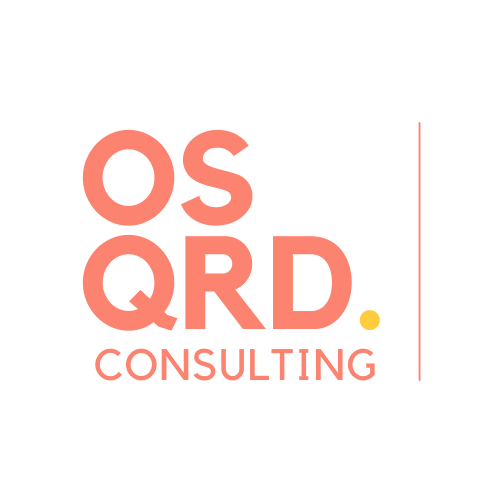The 5 Elements of a BOMB Business Plan
A formal business plan is one of the most important aspect of starting or growing your business plan. We well thought-through plan will steer your business as you start or grow. Here we discuss five key elements of a BOMB Business Plan.
1. Executive Summary - What are your products and/or services?
Your Executive Summary is an overview of your product and service offerings as well as a glimpse into your mission. This is a reader's initial introduction to your business. A well thought-through summary is your first chance to make a good Impression about your business.
2. Sales & Marketing Strategy - Define your target market and how you intend to attract them.
Imagine you had a wedding but didn't send out invitations. That's why marketing is so important. Consumers needs to know what you offer.
Here is what should go in your marketing plan:
Define your target market.
Asses this market. What is the need for your product/service?
Who are your competitors in this space?
What is your marketing plan and budget for promotion?
How does your price compete in this market?
3. Operations & Management - Who is on the team and what are their roles?
In this section you will have the opportunity to brag about yourself. Discuss your qualifications such as your professional and life experience, education and Information about partners and day-to-day management. What are their roles and responsibilities and how will decisions be made? What type of legal structure have you selected and what are your hours of operations?
In addition, you should discuss any mentors, advisors and advocates that you have. This Is vital, especially If you do not have direct industry experience.
4. Financial Forecast - How does or will your business make money?
This may hands down be the most important section of your business plan. A thorough and realistic financial plan and budget will Increase your chances of securing the capital you need to start or grow your business. A financial forecast will help articulate anticipated revenues and expenses.
This section should Include:
A breakdown of revenue streams and direct cost of your product or service
Fixed vs Variable expenses
Your breakeven point and road to profitability
Any seasonality factors affecting your business.
Do not forget to account for your salary, If applicable
5. Risks & Mitigants - Things will go wrong, how prepared will you be when they do?
Every business has its set of unique challenges. As such, when writing your business plan, It is Important to not only identify these challenges but develop a strategy to mitigate them.
A few questions to ask your self:
How does/will my business perform in a pandemic/recession?
What Is my cash conversion cycle (how long it takes me to convert my Investment In Inventory Into cash)
What actions can I take to Increase my market share?
Is my product or service discretionary? Can consumers do without it?
Bonus Tips - Here are some extra things to consider.
Whenever appropriate, Include visuals and Images (I.e. graphs, maps, and images of your product)
Your business plan is not a static document. You will often need to update It.
Share your plan with trusted professionals, mentors or advocates for feedback.
Be concise yet descriptive.
